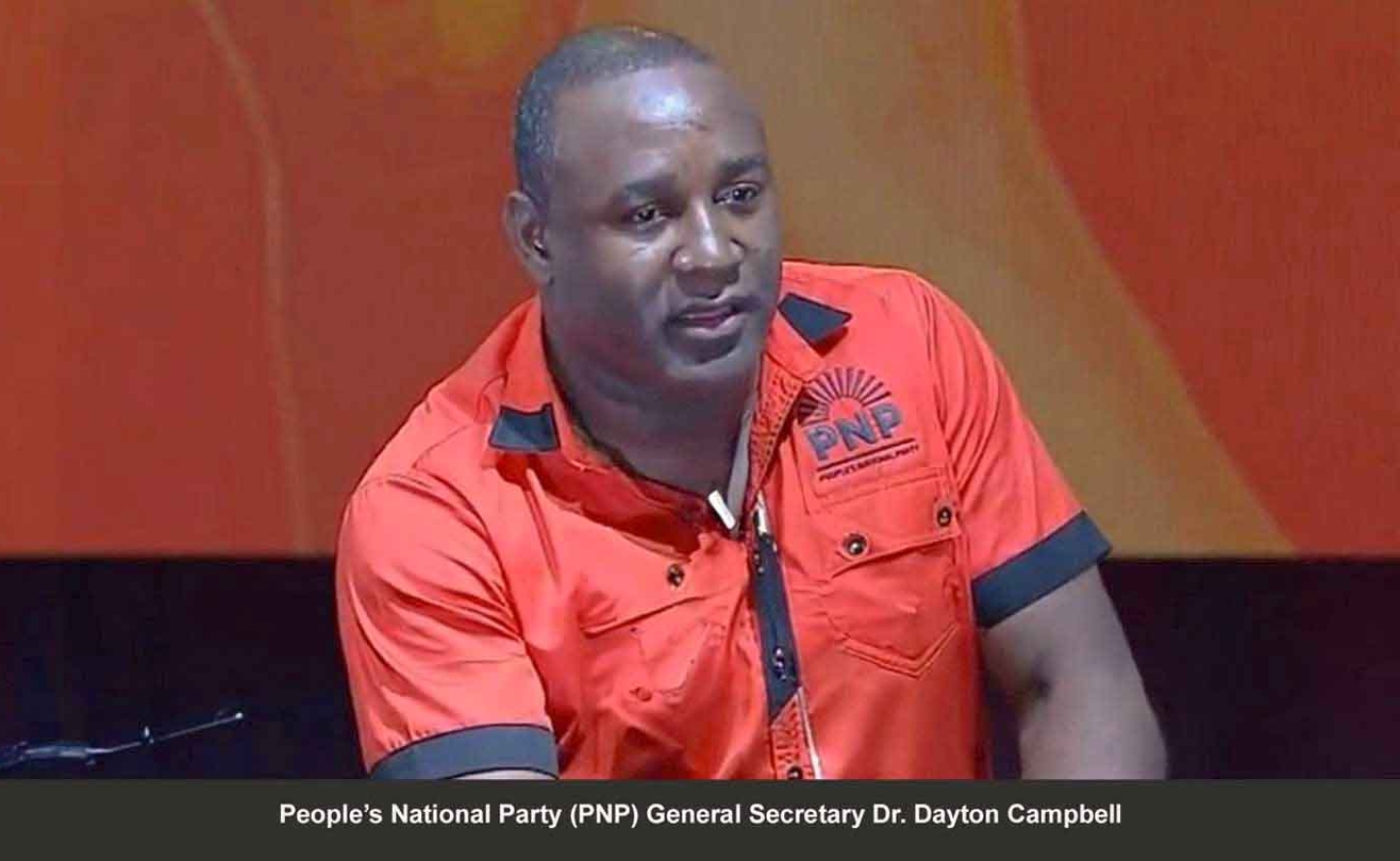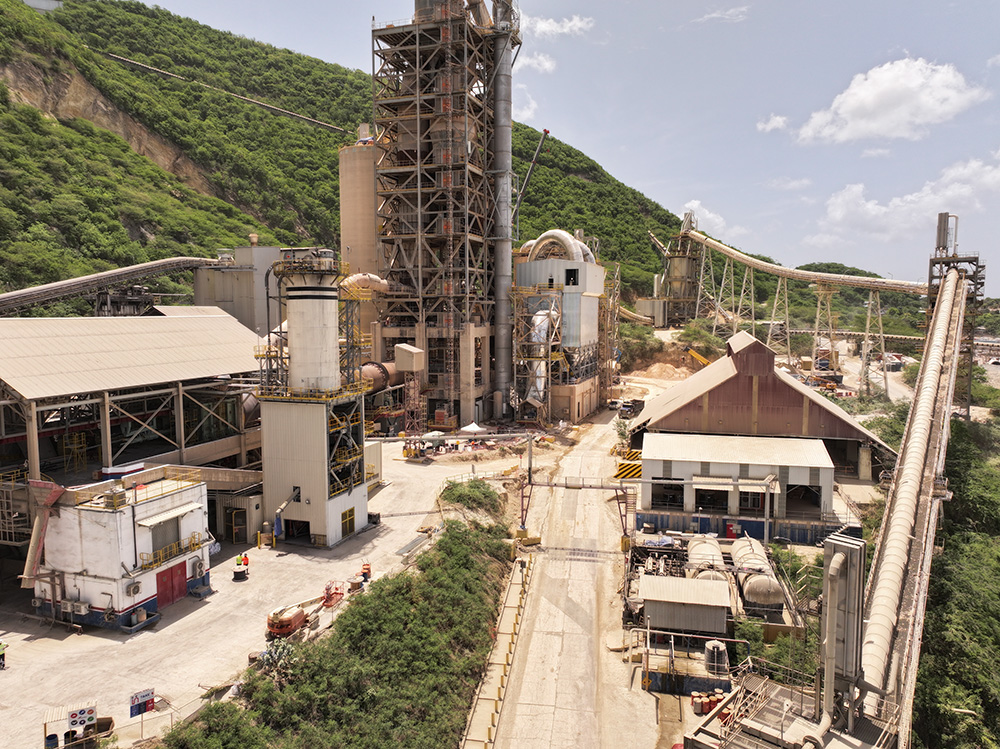JAMAICA | JLP Faces Questions Over Vanishing CEMEX "Fee"

KINGSTON, Jamaica, October 24, 2025 - In a twist that has political watchers invoking the ghost of Jamaica's most infamous corporate-politics scandal, the Jamaica Labour Party now finds itself scrambling to explain a peculiar payment from cement giant CEMEX—one that mysteriously disappeared from official documents after journalists started asking questions.

But when The Gleaner began making inquiries, something curious happened.
On October 17, CEMEX filed an amendment to the SEC that scrubbed all mention of the JLP payment, offering only the cryptic explanation that it was revising "disclosures for the amount of fees paid to certain foreign governments."
The vanishing act has triggered alarm bells across Jamaica's political landscape. On Tuesday, PNP General Secretary Dr. Dayton Campbell threw down the gauntlet, demanding the JLP clarify what services it rendered to justify what he pointedly called a "fee" rather than a donation.
"Let us be clear," Campbell emphasized, carefully distinguishing between corporate citizenship and something more troubling.
"CEMEX and its subsidiary CCC have been good corporate citizens... Like many other companies, they have made political donations to both major parties, and the PNP has no issue with legitimate political contributions made in accordance with the law."
But a fee? That's an entirely different creature.
"The report of a payment categorised as 'fees' to the JLP implies a payment of compensation to a political party for services rendered," Campbell said, cutting to the heart of the matter. "This begs the question, exactly what services were provided by the JLP, the party in government, in consideration for this payment? What was this US$201,538 a quid pro quo for?"
The semantic distinction is crucial. Political donations, while controversial, operate within an established framework. Fees suggest a transactional relationship—services rendered for compensation—between a government party and a company operating in the country.
At approximately J$32.6 million, the payment would roughly equal five percent of a political party's total expenditure, coincidentally matching the maximum a single donor can contribute to an election campaign.
The timing adds another layer of intrigue: the payment was made in 2024, before the official campaign period for the September 2025 election, potentially falling into a regulatory blind spot. Jamaica's campaign finance laws only cover contributions made during official election periods, leaving a gaping loophole for payments made outside those windows.
For Caribbean Cement, the response has been a masterclass in deflection. In a carefully worded statement, the company acknowledged making "contributions" to "major political parties in Jamaica" in full compliance with local laws, while conspicuously avoiding any mention of "fees." When pressed about the CEMEX filing, Caribbean Cement's message was clear: don't ask us, ask them.
The JLP's deafening silence on the matter is becoming its own story. Despite repeated requests for comment, party leadership has offered no explanation for the payment, the services allegedly rendered, or why CEMEX felt compelled to erase the record after media scrutiny.
Campbell warns that the stakes extend beyond partisan point-scoring. "Jamaica cannot afford to leave investors with the impression that the governing party is using its position to extract payments from companies for political services for which it charges fees," he said. "Such perceptions will damage investor confidence and risk further reducing foreign direct investment."
The specter of Trafigura—the 2006 scandal that saw a Dutch oil company make a J$31 million payment to the then-governing PNP—looms large over this controversy. That affair dogged the PNP for two decades and became synonymous with the murky intersection of corporate money and political power. Both the JLP and neutral observers have drawn explicit parallels between the two cases.
As one Gleaner editorial bluntly stated, "The absence of a credible explanation will not only cause speculation about the truth of the issue, but leave more than a whiff of the Trafigura Affair."
The clock is ticking. With each passing day of silence, the questions multiply. What services did the JLP provide? Why was the payment categorized as a fee rather than a donation? And most pressingly: why did CEMEX feel the need to make the evidence disappear?
Until the JLP finds its voice, Jamaicans are left to wonder whether this is merely an accounting error—or something far more troubling.
-30-
